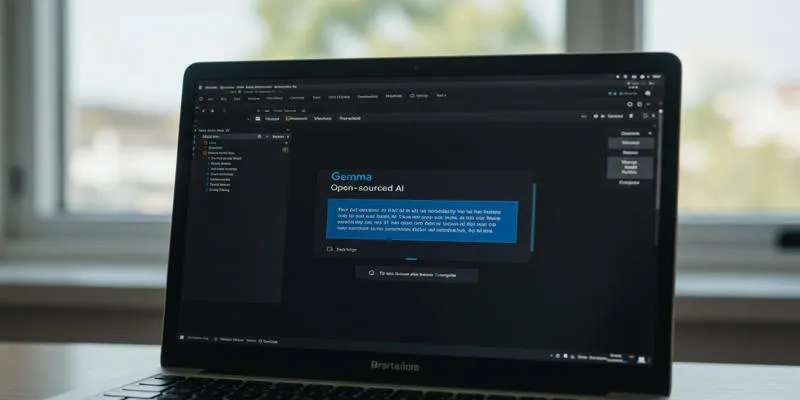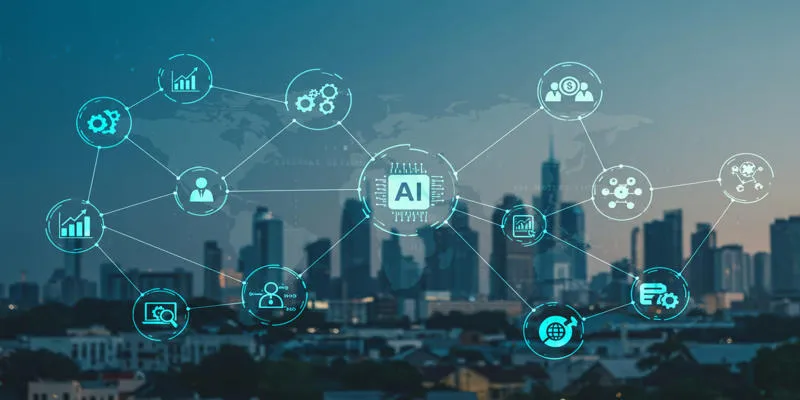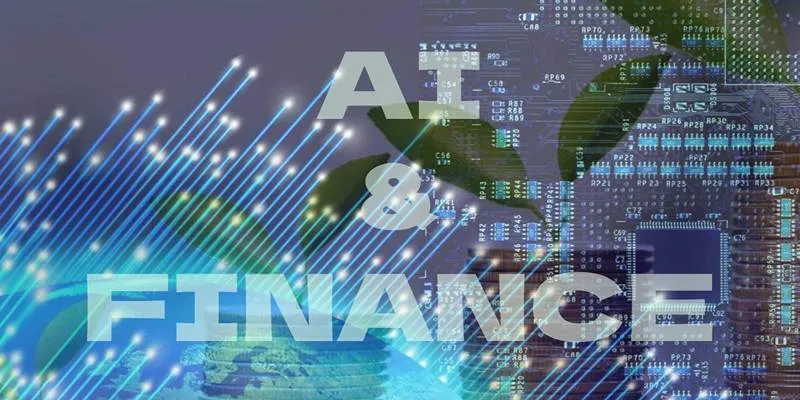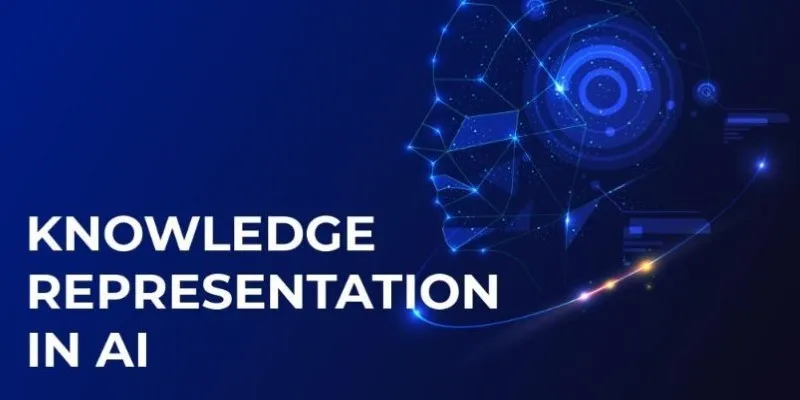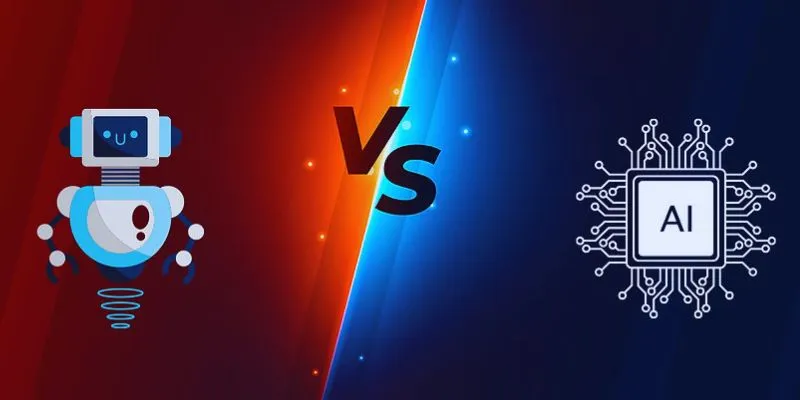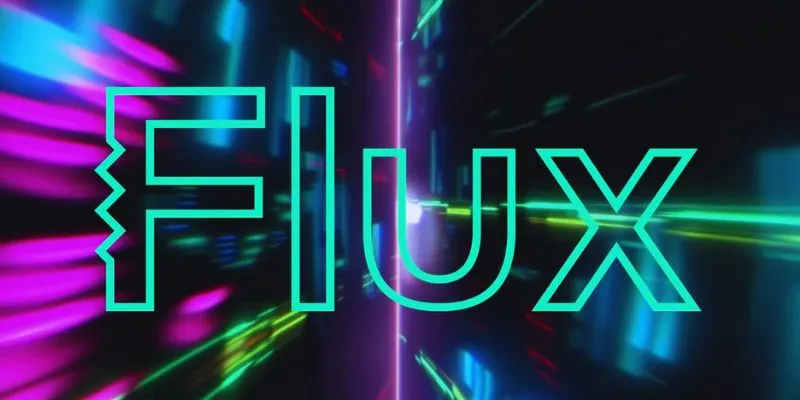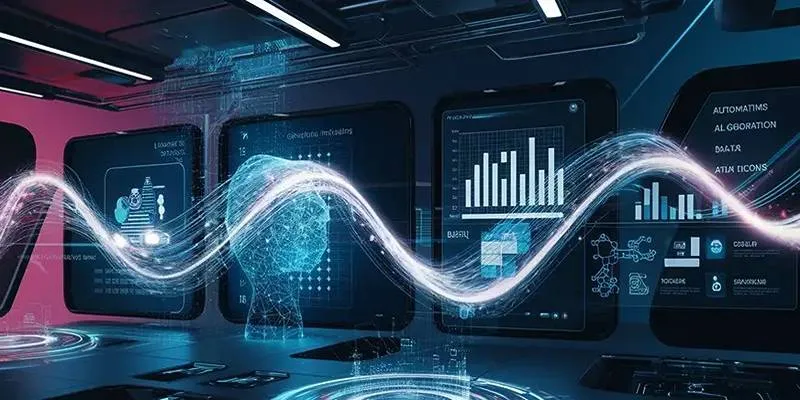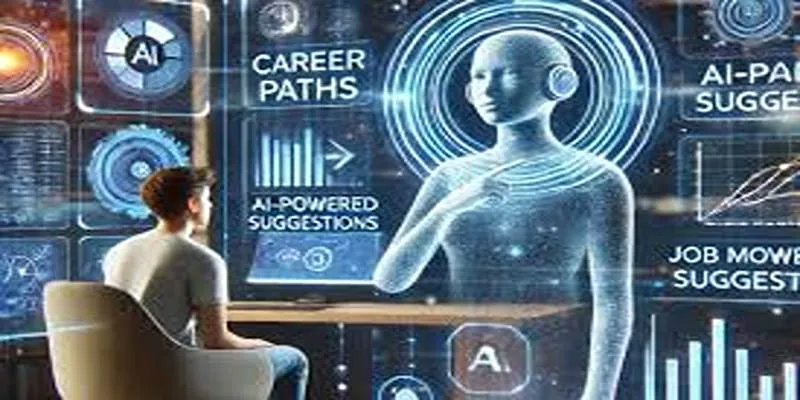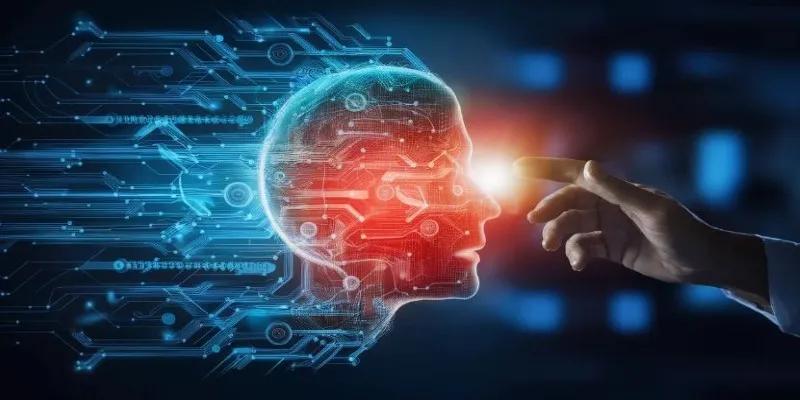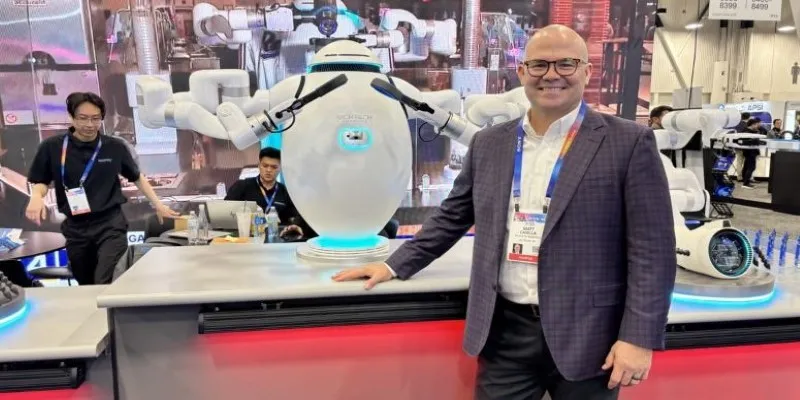Artificial Intelligence isn’t just built in high-tech labs or by giant corporations anymore. Today, some of the most exciting progress in AI happens out in the open — driven by people from all over the world. Open-source AI projects and communities have created a space where anyone can learn, contribute, and shape the future of technology.
These groups aren’t about competition — they’re about connection, learning, and building together. Whether you’re a beginner exploring code or a developer working on real-world solutions, open-source AI invites everyone in. It’s changing the rules of innovation — making technology more open, fair, and accessible.
What Makes Open-Source AI Projects and Communities Unique?
Unlike traditional tech companies that guard their AI tools behind closed doors, open-source AI projects and communities do the opposite — they open everything up. Their strength lies in a culture of sharing, learning, and building together. Anyone with curiosity and a willingness to learn is welcome. The code is public, the ideas are shared, and the mission is clear — create technology that serves everyone, not just a privileged few. It’s collaboration without limits, driven by people, not profits.
This open environment breaks down barriers in the tech world. It gives students, hobbyists, small businesses, and independent developers the chance to work with tools that might otherwise be out of reach. It’s not just about access to code — it’s about access to opportunity.
Another unique strength of open-source AI projects is their global communities. These spaces bring together people from all walks of life — developers, researchers, and beginners — who share ideas, ask questions, and help each other grow. It’s a place where learning never stops.
Perhaps most importantly, open-source AI communities often take ethical development seriously. With many eyes on the code, problems like bias or privacy risks can be found and fixed early, making the technology safer for everyone.
Popular Open-Source AI Projects and Platforms
Many famous AI tools and frameworks started as open-source projects. These platforms offer users ready-to-use tools, libraries, and learning materials. They also allow anyone to contribute new ideas or fix existing problems.

One of the most well-known examples is TensorFlow, an open-source AI library developed by Google. TensorFlow helps developers build machine learning models for tasks like image recognition, language translation, and data analysis. Its large community ensures regular updates, tutorials, and support.
Another popular project is PyTorch, developed by Meta (formerly Facebook). PyTorch is known for its flexibility and simplicity. It allows researchers and developers to create AI models quickly and test them efficiently. Like TensorFlow, PyTorch has a growing community of contributors who help maintain and improve its codebase.
Hugging Face is another notable open-source platform focusing on natural language processing (NLP). It provides pre-trained models and tools for tasks like chatbots, language translation, and sentiment analysis. Hugging Face’s community actively shares resources and develops ethical guidelines for AI usage.
These examples show that open-source AI projects and communities play a vital role in making advanced technology more accessible. They give developers a chance to experiment, learn, and create solutions without paying for expensive tools.
Benefits of Joining Open-Source AI Communities
Being part of open-source AI projects and communities comes with many advantages. One of the biggest benefits is learning from others. Beginners can explore real-world AI projects and see how experienced developers solve problems. It’s a free and practical way to build skills.
Another benefit is networking. Open-source AI communities connect people from all over the world. Developers, researchers, and hobbyists come together to exchange ideas. This creates a friendly environment where anyone can ask for help, share feedback, or collaborate on new projects.
For companies, participating in open-source AI projects helps them stay competitive. By contributing to these projects, businesses can build a positive reputation in the tech industry. They also gain early access to new tools and ideas, allowing them to innovate faster.
Moreover, open-source AI communities often create opportunities for career growth. Active contributors can showcase their skills publicly. This visibility can lead to job offers, partnerships, or invitations to speak at industry events.
Finally, working on open-source AI projects encourages ethical development. Since everything is done in the open, problems like bias or data misuse are easier to identify. Community discussions help shape guidelines and best practices for building responsible AI.
The Future of Open-Source AI Projects and Communities
The future of open-source AI projects and communities looks bright. As AI becomes more advanced, the need for shared knowledge and open collaboration will grow. Open-source projects will continue to drive innovation by making powerful tools available to everyone.

We can also expect these communities to play a bigger role in promoting ethical AI. Public discussions and transparent development processes will help ensure that AI systems are fair, safe, and respectful of user privacy.
In addition, governments, educational institutions, and non-profit organizations are starting to support open-source AI projects. They understand the importance of open access to technology for education and innovation. This support will lead to more resources, funding, and infrastructure for future projects.
However, challenges remain. Open-source AI projects require strong community management. They need dedicated volunteers, clear guidelines, and long-term support to stay active. Building trust and maintaining code quality will always be important tasks.
Despite these challenges, open-source AI projects and communities will continue to shape the future of technology. Their collaborative nature, commitment to transparency, and focus on education make them essential for a balanced and inclusive digital world.
Conclusion
Open-source AI projects and communities are driving a new era of innovation by making advanced technology accessible to everyone. They promote collaboration, learning, and ethical development worldwide. These communities help break barriers, connect people, and create real-world solutions without high costs. As AI continues to grow, the role of open-source projects will become even more important. They ensure that technology remains transparent, fair, and built for the benefit of all, not just a select few.
 zfn9
zfn9


